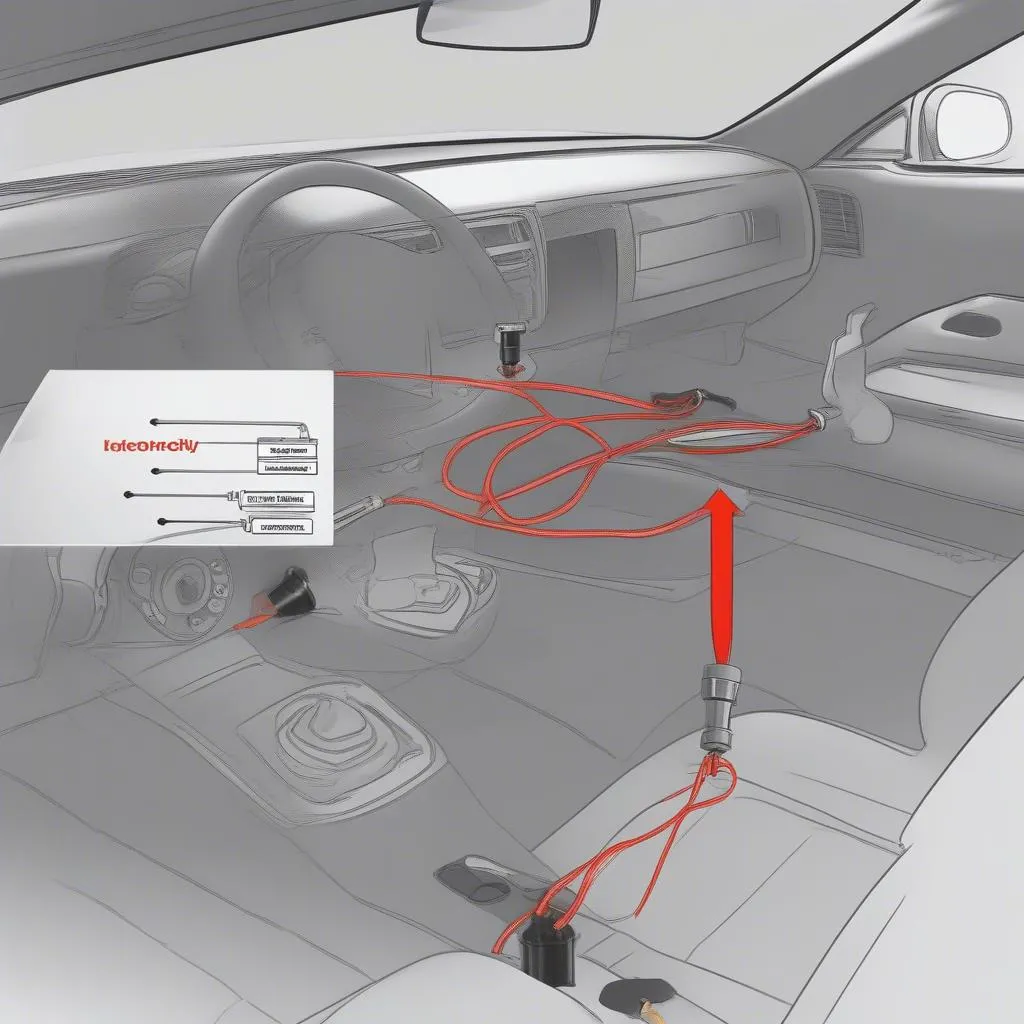If your 1999 Honda Accord’s brakes are making a high-pitched squealing noise, it’s a clear warning sign that you shouldn’t ignore. This sound often indicates a problem with your braking system that needs immediate attention. As a car diagnostic specialist focusing on remote software solutions, I’ve seen firsthand how overlooking these seemingly minor issues can lead to costlier repairs down the line.
Common Causes of Brake Squealing
While several factors can contribute to brake squealing in a 1999 Honda Accord, these are some of the most common culprits:
1. Worn Brake Pads
The most frequent reason for squealing brakes is worn-out brake pads. Most brake pads are designed with a small metal tab called a “wear indicator.” This tab rubs against the brake rotor when the pads wear down to a certain point, creating the high-pitched squeal. This built-in warning system lets you know it’s time for a brake job.
“Catching brake issues early, especially those as common as worn pads, can save you from a lot of headaches and potentially dangerous situations on the road,” says automotive engineer Mark Stevenson.
2. Glazed Brake Pads
Another common culprit of brake squeal is “glazing.” This happens when the brake pads overheat, causing their surface to harden and become smooth. This glassy surface reduces friction between the pads and rotors, resulting in a squealing sound, reduced braking efficiency, and a vibrating sensation during braking.
3. Dirty or Rusted Rotors
Over time, brake rotors can accumulate rust and debris, which can interfere with the smooth contact between the pads and rotors, leading to squealing. This is particularly common if you live in a humid or coastal area.
4. Lack of Lubrication
The brake system relies on various moving parts, and insufficient lubrication in areas like the caliper pins or backing plates can cause friction, leading to noise.
What to Do When Your Brakes Squeal
If your 1999 Honda Accord’s brakes are squealing, don’t panic. Instead, follow these steps:
- Identify the source of the noise: Is it definitely coming from your brakes? Sometimes, other issues like a worn wheel bearing can mimic brake squeal.
- Inspect your brake pads: If you’re comfortable doing so, you can visually inspect your brake pads. Look for signs of significant wear or glazing.
- Consult a professional: For a proper diagnosis, it’s always best to take your car to a qualified mechanic specializing in Honda vehicles. They can determine the root cause and recommend the necessary repairs.
Remote Diagnostics for Modern Cars
“In today’s connected world, remote diagnostics are changing how we approach car repairs,” explains Stevenson. “By analyzing a car’s computer system data, we can often pinpoint issues like faulty sensors or software glitches that might be contributing to brake problems.” While your 1999 Honda Accord might not have all the bells and whistles of modern vehicles, remote diagnostics are becoming increasingly commonplace and can significantly reduce diagnostic time for many car owners.
Don’t Ignore the Squeal
Remember, ignoring a brake squeal can lead to more extensive and costly repairs down the line. Additionally, it can compromise your safety and that of others on the road. Regular maintenance and addressing issues promptly will help ensure your 1999 Honda Accord’s brakes remain in top condition, providing you with reliable stopping power for years to come.

